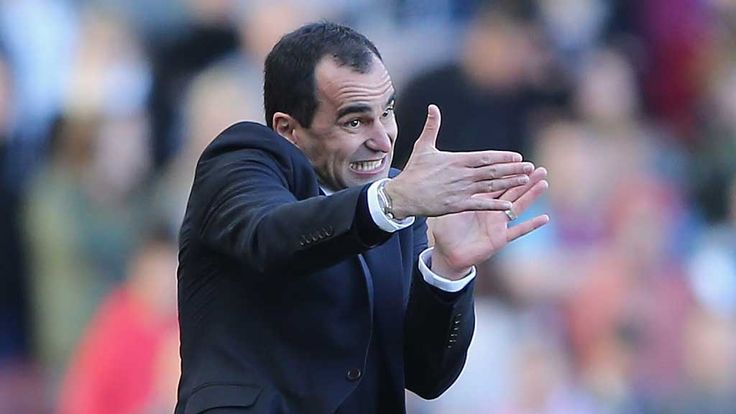The Numbers Game: Why Everything You Know About Football is Wrong is a new book about football analytics by Chris Anderson and David Sally. Adam Bate looks at how the book could begin to change perceptions about a sport we thought we understood.

Monday 27 May 2013 12:26, UK
Sky Sports reviews new book The Numbers Game: Why Everything You Know About Football is Wrong
The appetite for statistical analysis in football is growing. That much is obvious. And yet, while those in search of military guidance have The Art of War by Sun Tzu and students of sexual behaviour have the Kama Sutra by Vatsyayana, football analytics is still in need of its bible. Football's answer to Moneyball. But now there is every chance that The Numbers Game by Chris Anderson and David Sally can do for analytics what Jonathan Wilson's Inverting the Pyramid did for interest in football tactics. This is a book that makes you question what you thought you knew. The groans of the crowd when a corner is taken short? They're misguided. The Numbers Game explains why taking a short corner improves a team's chances of finding the net. The accepted wisdom that replacing a manager after a run of bad results will spark an immediate upturn in fortunes? Wrong again. Any improvement might just be regression to the mean. Other points are more straightforward. Arguing in favour of the unique beauty of football to people who have bought a football book is a sure-fire winner. "What is it about football that people love? The answer, of course, lies in the goal. The goal is football. Its rarity is its magic." It might not be a new notion but with the accompanying diagrams and a detailed contrast with other sports, the exposition never felt more satisfying. However, this book is at its best when it is being counter-intuitive. At times, that can feel a stretch - such as the attempt to devise a template for when substitutions should be made. But when you find yourself instinctively disagreeing, that's the time to be worried. Anderson and Sally have the statistics to show you why your preconceived ideas should be abandoned and you'd be wise to be open-minded enough to take that on board. This is a celebration of innovation and alternative solutions to problems. Roberto Martinez is hailed as a "hero of the book" due to his desire to take a different approach - "guerrilla football" as it is called, acknowledging Wigan's use of surprise tactics in a league in which they are outgunned. The praise of Martinez could be seen as beautiful timing in light of the Latics' FA Cup glory or quite inappropriate following their relegation. But Anderson and Sally aren't afraid of shades of grey.